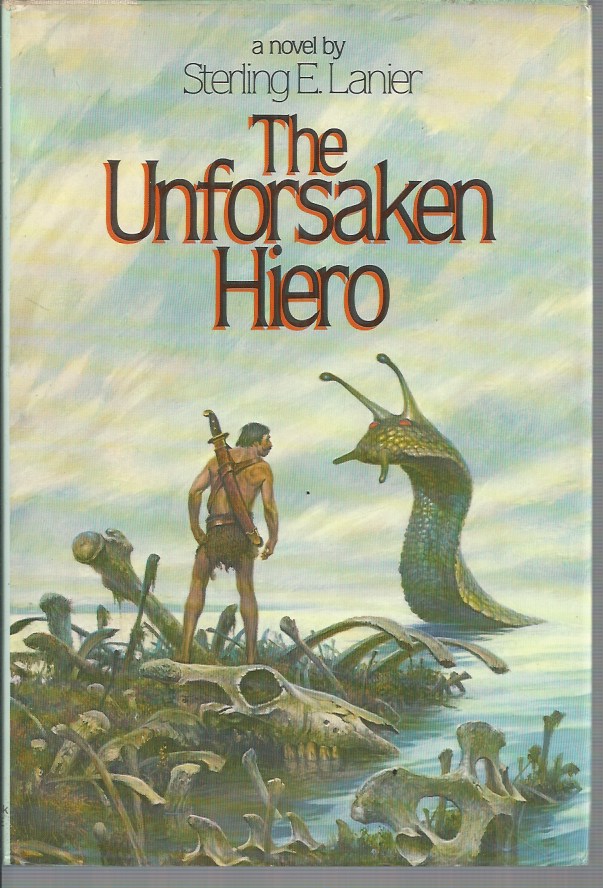FICTION Science Fiction
Five thousand years after the destruction of civilization on Earth, Per Hiero Desteen battles against the deadly Brotherhood of the Unclean.
pp. 214 #190424
First Edition
Sterling Edmund Lanier (December 18, 1927 – June 28, 2007) was an American editor, science fiction author and sculptor.[1] He is perhaps known best as the editor who championed the publication of Frank Herbert’s bestselling novel Dune.
Lanier’s career as an author and editor began in 1961 when his first short story was published, and he became an editor for Chilton Books.
He was with Chilton in 1965, when he was instrumental in persuading the firm to publish Frank Herbert’s Dune. Having read Dune World in Analog magazine, he was responsible for tracking down the author and conveying Chilton’s offer. More than twenty other publishing companies had already turned the book down. Despite Lanier’s insight into the book’s value, he was dismissed from Chilton a year later because of high publication costs and poor initial book sales. Lanier also worked as an editor for the John C. Winston Company and McRae-Smith.
The most prominent of Lanier’s writings are his stories of the crypto-adventurer Brigadier Donald Ffellowes (told in the “club story” style of Lord Dunsany‘s Jorkens tales) and the post-apocalyptic novels Hiero’s Journey (1973) and The Unforsaken Hiero (1983). His short story “A Father’s Tale” (1974) was a World Fantasy Award nominee. His major works, including Hiero’s Journey, The Unforsaken Hiero, and the Brigadier Ffellowes stories, are now available in an electronic version for Kindle.
